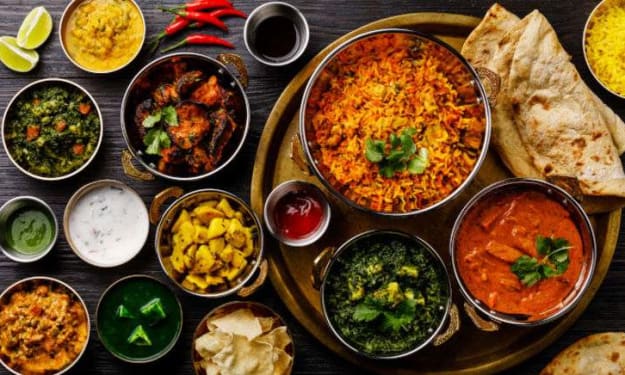Brain • Diet
Did you know Brains learn to love fatty, sugary foods?

According to a recent study, it is not that individuals cannot resist sugary and fatty snacks; it is their brains that cannot. The study suggests that the brain could be "rewired" to love high-fat, high-sugar snacks by regularly consuming them. Researchers from the Max Planck Institute for Metabolism Research in Cologne led an international team of scientists in investigating the brain's role in craving high-fat, high-sugar foods. They gave normal-weight individuals a rich pudding twice a day for eight weeks, in addition to their regular diet, and analyzed their brain activity before and during the study.
The researchers found that brain activity significantly increased in the group that ate the high-fat, high-sugar pudding. This activity mainly activated the dopaminergic system, responsible for motivation and reward. Dopamine is a "feel-good" hormone that the brain releases in large amounts when performing activities necessary for survival and reproduction, such as eating and having sex.
The study's lead author, Sharmili Edwin Thanarajah, a postdoctoral research fellow at the institute, stated, "Our tendency to eat high-fat and high-sugar foods, the so-called Western diet, could be innate or develop as a result of being overweight. But we think that the brain learns this preference." The researchers discovered that the brain subconsciously learns to prefer rewarding food when consuming chips and similar snacks, leading to rewiring.
The combination of fat and sugar is highly rewarding, according to the researchers, who note in their study that "many modern processed foods are high in energy density and frequently contain both fat and sugar, which interact to potentiate reinforcement beyond the energetic value." The study participants did not gain more weight than the control group, and their blood levels, such as blood sugar and cholesterol, did not change. However, the researchers assume that their preference for fatty and sugary foods will continue beyond the end of the study.
Study leader Marc Tittgemeyer, a professor and head of the translational neurocircuitry group at the German institute, explains, "New connections are made in the brain, and they don't break up very fast. After all, the whole point of learning is that once you learn something, you don't forget it so quickly."
The study's findings were published in the US-based scientific journal Cell Metabolism. The researchers caution that the study supports, but does not prove, their hypothesis, partly because of the small number of participants (57). Additionally, they acknowledge that the results could differ with people who are overweight, consume additional snacks, or undergo a longer study duration.
TASTE FOR THE FINER, SUGARY, FATTER THINGS
Scientists have long studied the effects of high-sugar and high-fat diets on the brain, finding that these diets can alter the dietary preferences of animals such as rats and mice, potentially leading to rewiring in the regions of the brain associated with reward, habit formation, and decision-making. However, it has been more difficult to determine whether the same effects hold true for humans.
While studies have suggested that high-fat diets can impact our taste buds and increase cravings for fat and sugar, it remains unclear whether obesity predisposes the brain to rewiring or whether the rewiring occurs first. To further explore this phenomenon, Small and her colleagues conducted a study with around 50 healthy, normal-weight adults in their mid-twenties. Participants were asked to consume two snacks per day over a period of two months, with one group consuming a high-fat/high-sugar yogurt and the other group consuming a low-fat/low-sugar alternative of approximately the same caloric value.
Eating your way to a healthy brain? your sounds easy enough.
The good thing is that your brain is plastic—neuroplastic, ie. Smalls says that even if you've been eating high-fat and sugar foods for a while, it's possible to take control of your unconscious eating habits and rewire your brain, as long as you don't make irreversible changes. Do it as soon as possible before.
About the Creator
Khushali Bhatt
https://www.instagram.com/khushali1603/






Comments
There are no comments for this story
Be the first to respond and start the conversation.